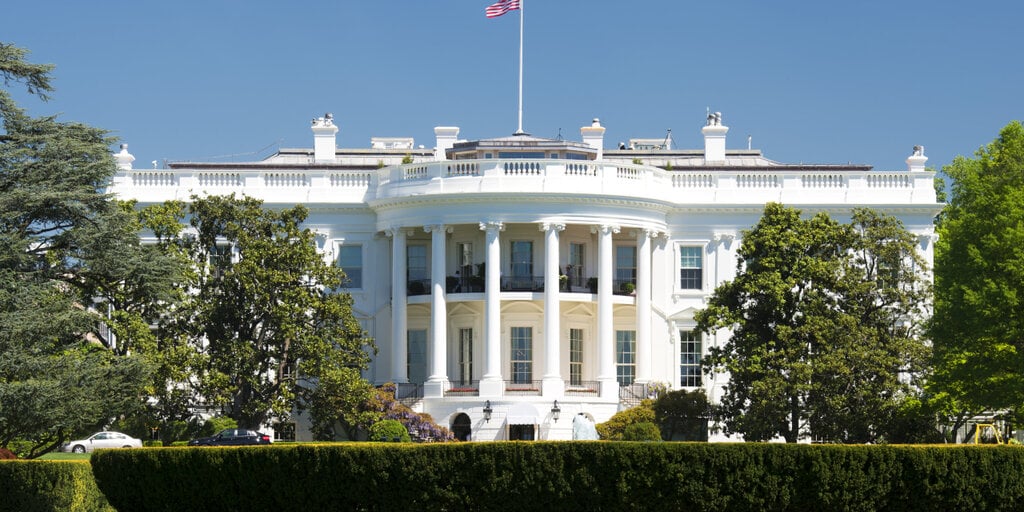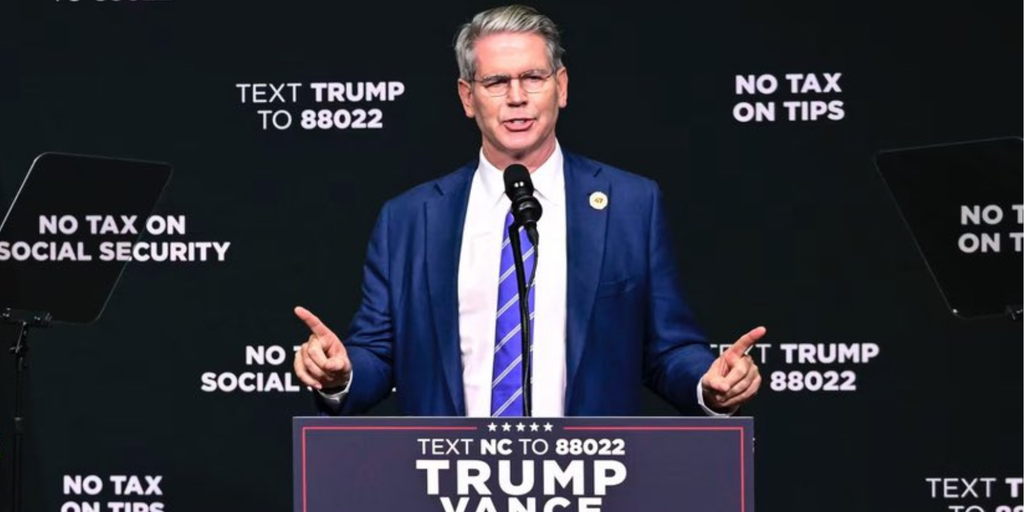US Imposes Sweeping Restrictions on AI Chip Exports
Background
The Biden administration has unveiled sweeping restrictions on the export of artificial intelligence (AI) chips and related technologies. The move aims to maintain US dominance in AI while preventing adversaries from exploiting advanced systems for malicious purposes.
Restrictions
The restrictions impose caps on the number of advanced graphics processing units (GPUs) and other AI-related technologies that can be exported to most countries. The US and 18 of its closest allies, including the UK and Japan, are exempt from these restrictions. However, countries like China, Russia, Iran, and North Korea remain under strict bans.
Licensing Requirements
The regulations introduce new licensing requirements for exports to over 120 nations. Foreign governments can sign agreements for eased restrictions, and entities meeting rigorous security standards can gain special statuses, such as Universal Verified End User (UVEU) or National Verified End User (NVEU).
UVEU and NVEU Entities
UVEU entities can allocate up to 7% of their global AI capacity outside close allies, while NVEU entities can purchase GPUs equivalent to 320,000 advanced units over two years. Smaller, low-risk chip orders—often used by universities and research institutions—will bypass the licensing process entirely.
Pushback
The announcement has drawn sharp criticism from the tech industry. Chipmaker giant Nvidia criticized the policy as “unprecedented and misguided,” warning that it could undermine US innovation and global competitiveness.
Nvidia’s Statement
While cloaked in the guise of an ‘anti-China’ measure, these rules would do nothing to enhance US security. Currently, Nvidia sells AI chips to China, but they are scaled-down versions designed to comply with US export restrictions imposed in 2022.
New Rule
The new rule also caps chip exports to other non-allied nations at 50,000 GPUs per country, ensuring that US technology supports legitimate uses, such as healthcare and education, without enabling adversaries. Nations that align their AI and export control policies with the US can double their chip caps via government-to-government agreements under the new rules.
Conclusion
The US government’s move to impose sweeping restrictions on AI chip exports aims to maintain its dominance in the field while preventing adversaries from exploiting advanced systems for malicious purposes. While the tech industry has pushed back against the policy, the new rules are set to take effect mid-May, providing time for adjustments under Trump’s leadership following his inauguration on January 20.
FAQs
Q: What are the restrictions on AI chip exports?
A: The restrictions impose caps on the number of advanced GPUs and other AI-related technologies that can be exported to most countries.
Q: Which countries are exempt from the restrictions?
A: The US and 18 of its closest allies, including the UK and Japan, are exempt from these restrictions.
Q: What are the licensing requirements for exports?
A: The regulations introduce new licensing requirements for exports to over 120 nations. Foreign governments can sign agreements for eased restrictions, and entities meeting rigorous security standards can gain special statuses, such as UVEU or NVEU.
Q: What are UVEU and NVEU entities?
A: UVEU entities can allocate up to 7% of their global AI capacity outside close allies, while NVEU entities can purchase GPUs equivalent to 320,000 advanced units over two years.
Q: How will smaller, low-risk chip orders be affected?
A: Smaller, low-risk chip orders—often used by universities and research institutions—will bypass the licensing process entirely.










